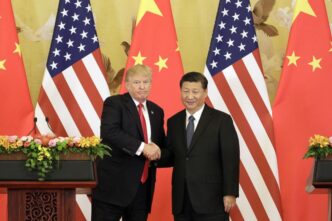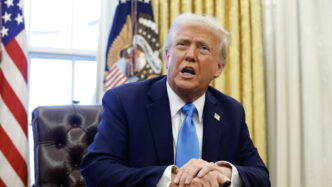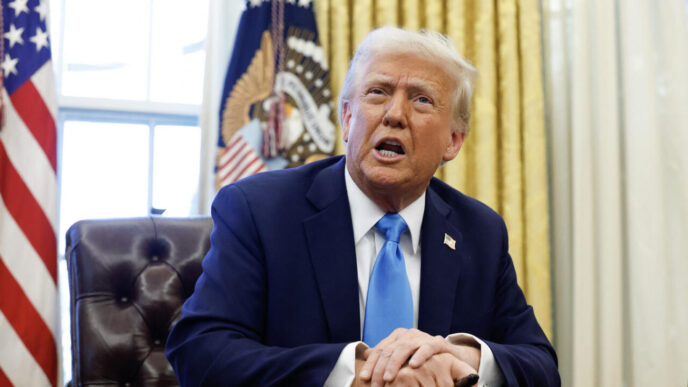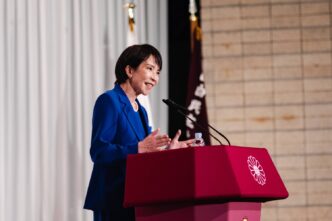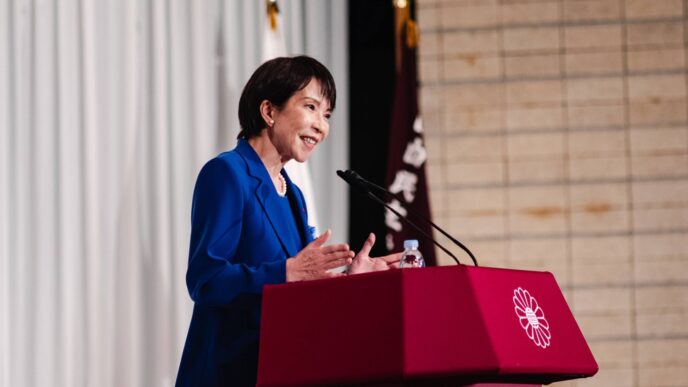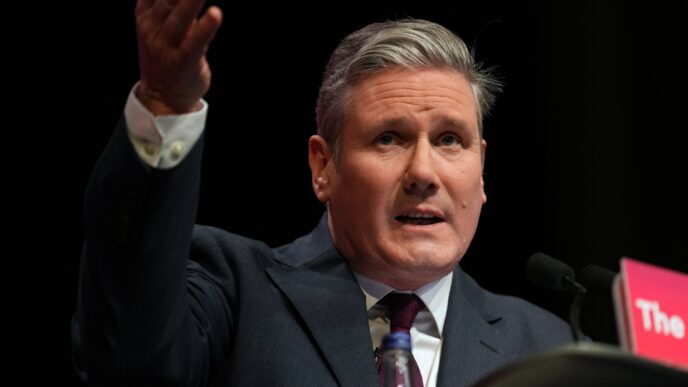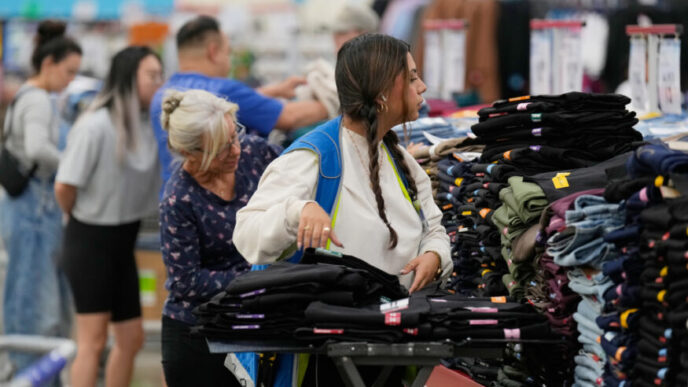US President Donald Trump will hold talks with Chinese President Xi Jinping in South Korea on October 30, the White House has confirmed.
The meeting will take place on the sidelines of the Asia-Pacific Economic Cooperation (APEC) Summit in the eastern city of Gyeongju.
The long-anticipated encounter, which had been uncertain amid mounting tensions between the world’s two largest economies, will mark the first face-to-face meeting between Trump and Xi since Trump returned to office.
Trump has recently threatened to impose an additional 100% tariff on Chinese imports starting in November unless Beijing reverses its tighter export restrictions on rare earth materials.
White House press secretary Karoline Leavitt confirmed the meeting during a briefing on Thursday, noting that it would be “a fairly long session.”
Trump previously said he believed the talks could “resolve a lot of doubts and questions” and described his relationship with Xi as “very good.”
China’s commerce minister, Wang Wentao, voiced optimism ahead of the meeting, saying earlier discussions had shown it was “entirely possible to find solutions to each other’s concerns” and to promote “healthy, stable and sustainable” trade relations.
During his Asia tour, Trump will also meet South Korea’s President Lee Jae Myung and attend a working dinner for participating leaders.
He will make additional stops in Malaysia for the ASEAN Summit and hold talks with leaders from Japan, Malaysia and South Korea.
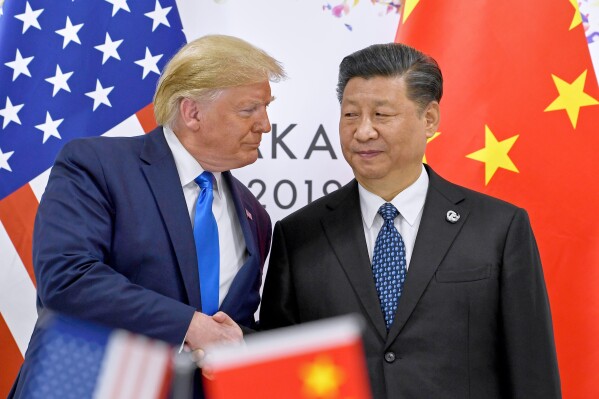
Notably, he is expected to meet Japan’s new Prime Minister, Sanae Takaichi, for the first time.
Trump and Xi have already spoken three times this year, most recently in September, when they discussed TikTok’s operations in the United States. Their last in-person meeting took place in 2019, during Trump’s first term.
Trump has often said that direct dialogue with Xi is the best way to manage issues straining US-China relations, including tariffs, trade disputes, and the flow of fentanyl.
Both nations remain bound by a fragile trade truce agreed in May, which prevented a new round of triple-digit tariffs.
However, tensions flared again in October when China introduced tighter export controls on rare earths — a move Trump denounced as “hostile” and accused Beijing of trying to hold the world “captive.”
China currently dominates global production of rare earth elements — vital materials used in cars, smartphones, and numerous high-tech products.


 Trending
Trending 
